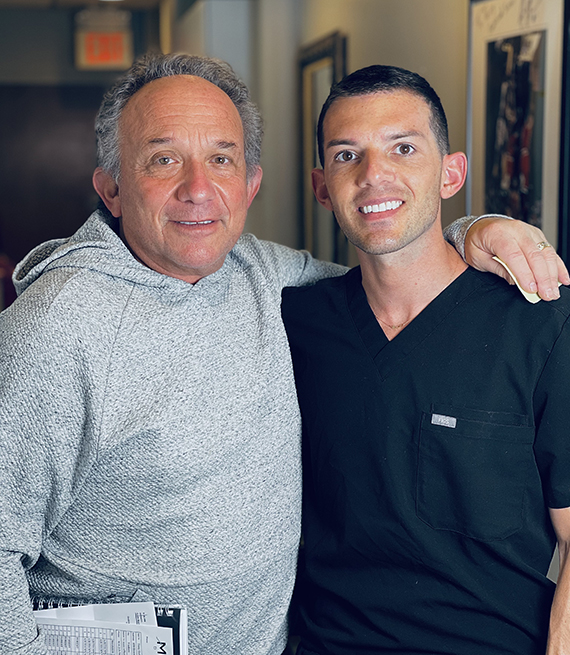AARP Hearing Center
En español | When neonatologist Jorge Perez saw his mother in person for the first time in close to a year, he felt an immense relief. He cried. She cried. They hugged, bringing Perez back to his childhood.
"It was the first time I was able to rub my hand over her hair and give her a kiss on her forehead,” he says. “I was incredibly touched by it.”
Perez, 62, of Coral Gables, Florida, was able to visit his 92-year-old mother after receiving the second dose of the COVID-19 vaccine. As people start to get those doses and build up immunity, reunions are beginning to take place. They're emotional, joyous, raw — and often bittersweet, as in Perez's case. His mother, Gladys del Sol, has dementia and can't communicate clearly. Still, she seemed to know him.


"She understands when I'm there, and starts smiling and recognizes my voice and face,” Perez says. “You can tell that she perked up and tried to talk to me, though I wasn't able to understand [her words]."
New York City psychotherapist Josh Jonas says these intense reunions make people realize how much they've missed, especially when it comes to physical touch and the companionship of family and friends.
There have been “many feelings of isolation and a loneliness that's overwhelming,” he says. “You don't know until you feel it in your body how much we need people.”
Catching up on birthdays and holidays
Before their recent reunion, Perez had not seen his mother face-to-face for 10 months. He would drop off food and supplies outside her home, but to avoid infecting her with the coronavirus, he didn't enter. And although he waved to her through a window, “she didn't really see me,” he says.
Her only form of human interaction was with her caregiver, and del Sol often called for her sons by name, even though they couldn't visit.







































































